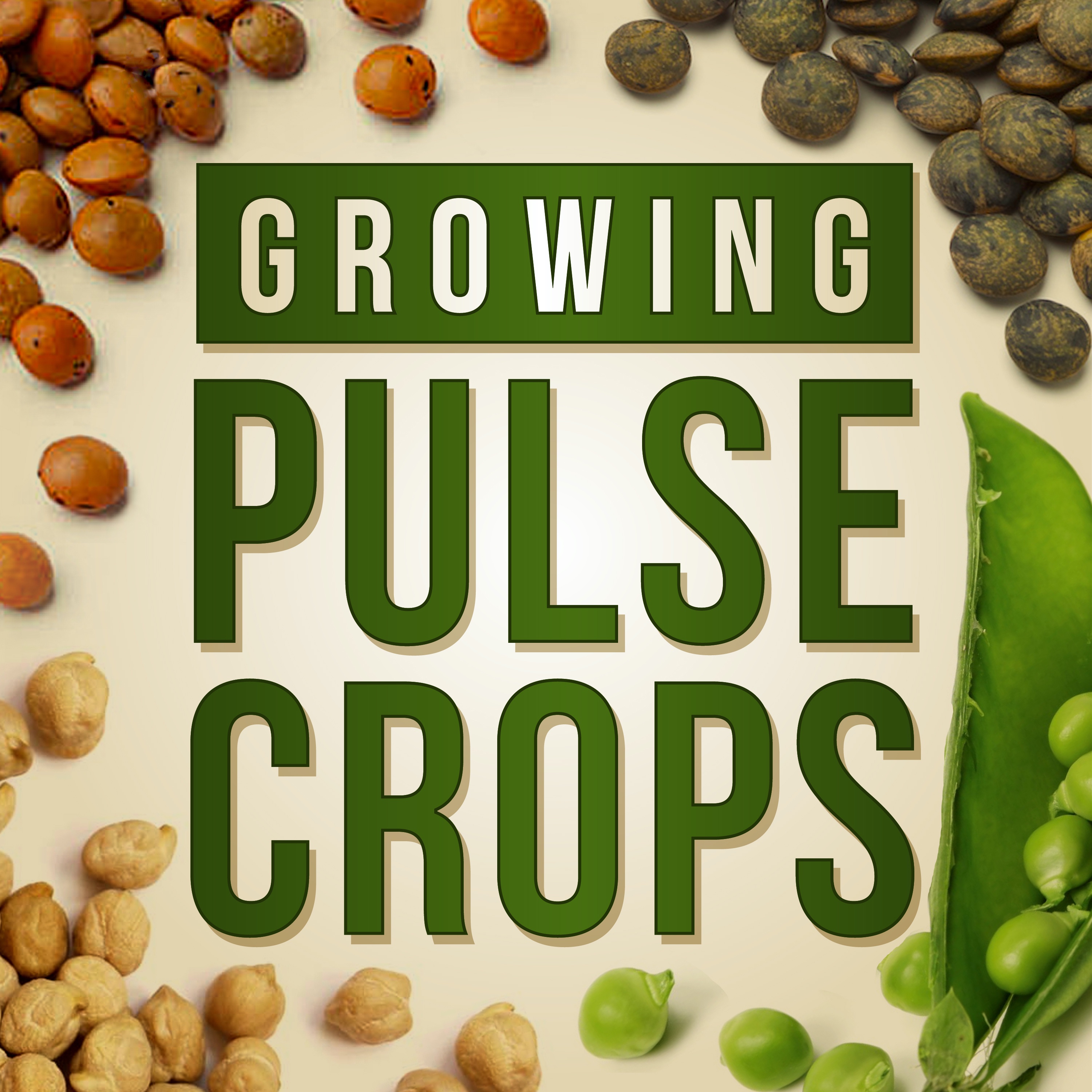The Importance of Genetic Diversity With Eric von Wettberg, Ph.D.
Dr. Eric von Wettberg is a professor at the University of Vermont and the director of the Vermont Agriculture Experiment Station. His research program focuses on understanding crop domestication as a means to harness the diversity of crop wild relatives to breed crops with improved climate resilience and stress tolerance. In this episode we discuss Von Wettberg’s work in pulses, his adventures in germplasm collection, the challenges and opportunities of maintaining genetic diversity, and the importance of protecting crop wild relatives.
“We're never fully done with collecting germplasm because there might be more out there and those plants are in a natural habitat. That habitat is not static, so they may be changing over time. There's diseases in some natural populations and disease resistance can actually evolve. So we need to be collecting germplasm continually, and we should even have preserves or parks that hold crop wild relatives. To let them evolve so that we can let evolution generate more resistant varieties for us.” - Dr. Eric von Wettberg
Von Wettberg shares his concern with the loss of genetic variation in crops, particularly pulses, as a result of human cultivation and selection. A lack of genetic variation reduces resilience of these crops to expected effects of climate change such as drought and disease. In his research group, they are using a new collection of the wild relatives of chickpea to restore genetic variation to cultivated chickpea, and to better understand the genetic basis of flowering time and drought tolerance.
“Any mutation, whether it's a new mutation or an old mutation, is helpful. But by collecting, we're more likely to find the old mutations… By looking in wild populations, there's just been more time for those mutations to occur, which makes them a helpful place to look.” - Dr. Eric von Wettberg
This Week on Growing Pulse Crops:
- Meet Dr. Eric von Wettberg is a professor at the University of Vermont and the director of the Vermont Agriculture Experiment Station
- Explore the impact the loss of genetic variation can have on crop varieties and what is being done to mitigate that risk
Growing Pulse Crops is produced by Dr. Audrey Kalil and hosted by Tim Hammerich of the Future of Agriculture Podcast.

